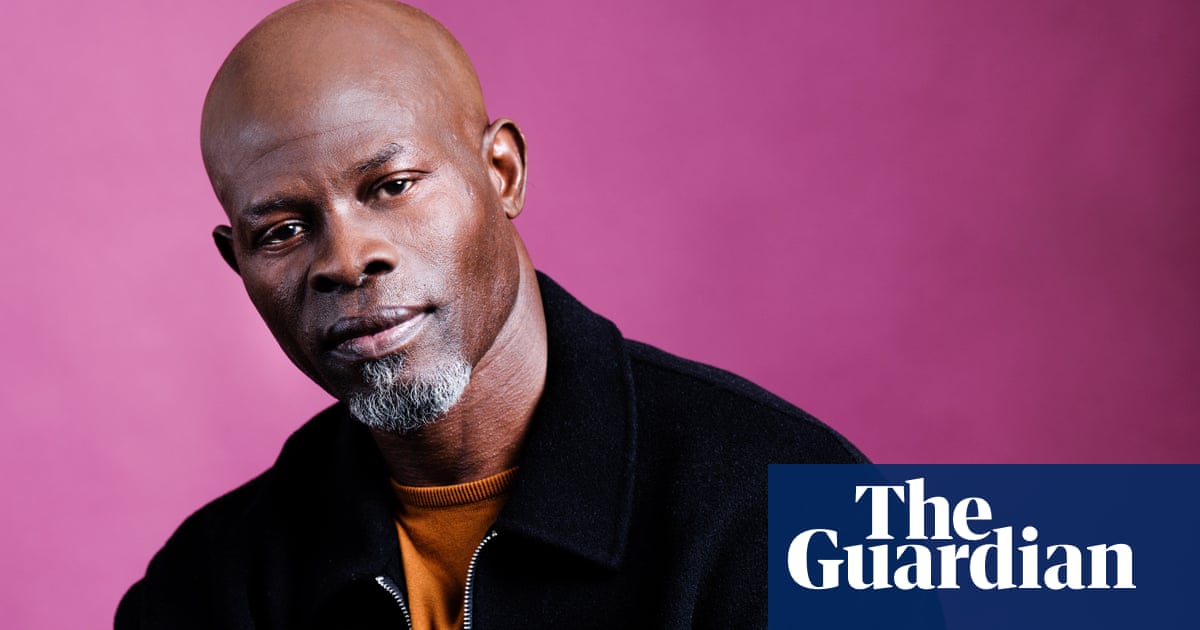
Mercury Prize-nominated singer-songwriter Nadine Shah has said that she makes so little money from streaming that she is struggling to pay her rent.
The 34-year-old told MPs that despite achieving commercial and critical success with four albums, payments from services such as Spotify were not enough. Shah added that the way streaming platforms and record labels carve up revenue is unfair for all but a few mega-artists.
“The earnings from streaming are not significant enough to keep the wolf away from the door,” she told the digital, culture, media & sport select committee inquiry into the economics of streaming. “I have a substantial profile, a substantial fanbase, I’m critically acclaimed but I don’t make enough money from streaming and am struggling to pay my rent. I am a successful musician, but I am just not being paid fairly for the work that I make.”
Tom Gray, singer with rock band Gomez and founder of the Broken Record campaign, told MPs that the streaming revolution had transformed the fortunes of the music industry but not trickled down to the tens of thousands of artists underpinning that success.
“I’m not here to argue for Paul McCartney to get more money,” he told MPs. “Far from it. This is happening while a few multinational corporations, foreign-based corporations, are making the most money, the best growth, the best profit margins, they have ever made in their history.”
Universal Music, the world’s biggest record company that is home to stars from Taylor Swift to the Beatles, recently reported recorded music revenues up 11% in the third quarter to £1.33bn. And Spotify, the world’s biggest streaming service, reported £1.6bn in revenues in the second quarter from almost 140 million subscribers paying $9.99 per month in the US, £9.99 in the UK.
The streaming revolution has dramatically reduced the costs associated with physical sales of CDs, records and cassettes – such as factoring in significant losses for stock damage – but music deals have not been restructured to give artists a share of the cost savings.
“The system as it is is threatening the future of music,” said Guy Garvey, singer and songwriter for Elbow and a BBC6 Music presenter. “It sounds dramatic … but it has become so skewed. Streaming is a bit of a miracle, the fact we have access to every piece of music in our back pocket for £10 a month is almost a miracle. If musicians are equitably paid then it is sustainable and everyone can be proud. Streaming has saved us from piracy – but not paying in such a way that it is making a difference to musicians starting out.”
The musicians who gave testimony to the select committee, including Radiohead guitarist Ed O’Brien, also expressed fears that the UK government has not planned to ensure that live touring remains viable in Europe following Brexit.
Live music, including tours and playing festivals – worth £1.3bn to UK artists in pre-Covid times – is the biggest income stream for almost every musician. Despite the UK preparing to exit transition arrangements with the European Union from January, there has been no news from government as to whether acts touring abroad will face costly new restrictions and red tape.
“We are not prepared for [Brexit] at all,” said O’Brien, who cancelled a solo tour earlier this year. “I speak to my managers and they are just waiting, we don’t know what is going to happen. It is key to sort this out.”












